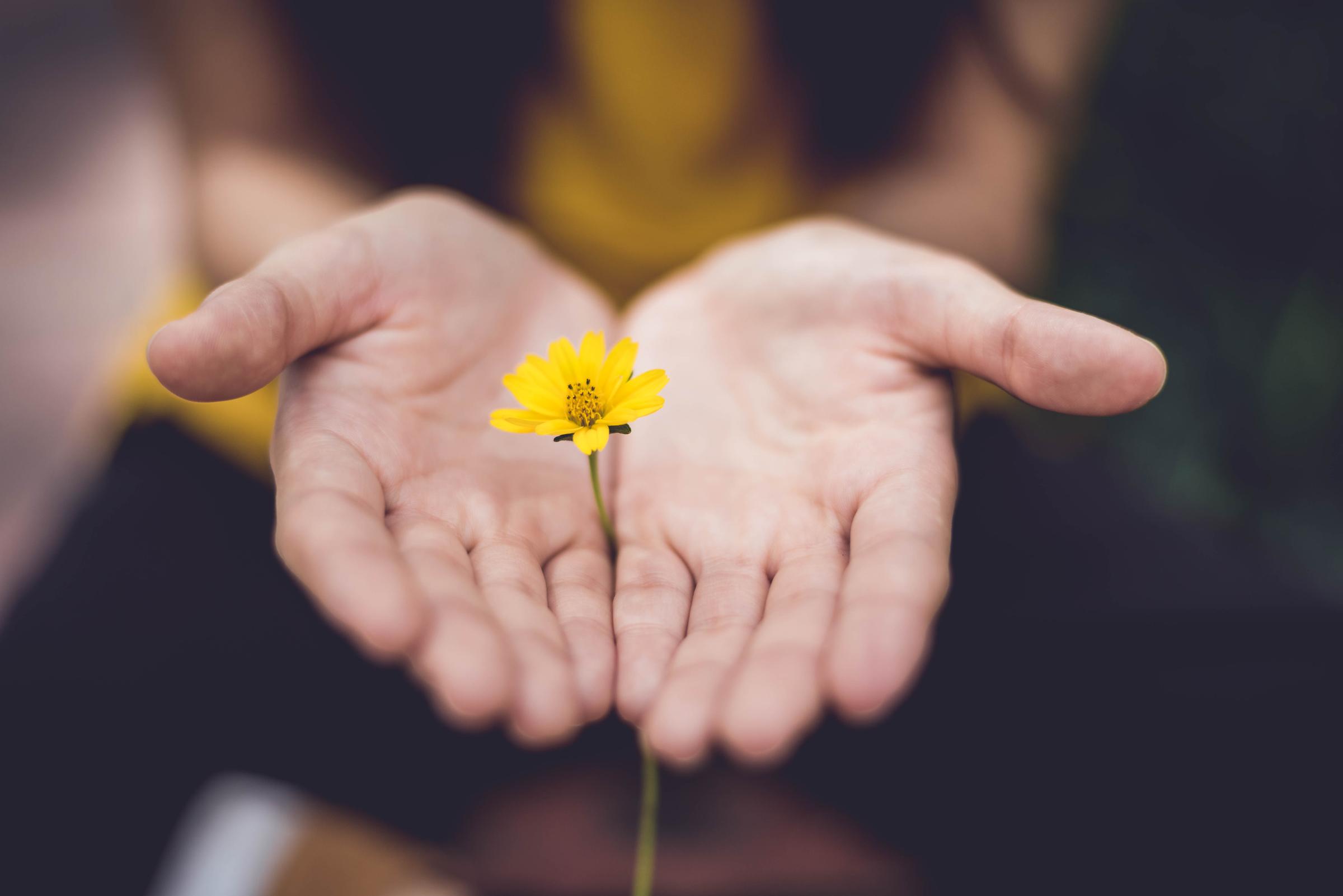Wellbeing Support

Wellbeing support for students
Dear Parent and Carers,
This guide provides tips and resources for parents, carers and families to support the mental health and wellbeing of children and young people in their care.
This includes services to reach out to if more support is needed.
Actions that support positive mental health
Encourage your young person to:
- Exercise and eat healthily to boost their mood
- Prioritise sleep to support mental and emotional wellbeing
- Explore relaxation techniques andcoping strategies
- Stay in touch and catch up with friendsand loved ones
- Make time to do things they enjoy
- Practice positive self-talk, and remind them they are not alone
- Seek professional help if needed. (1)
The Department have developed wellbeing activities and conversation starters for parents and carers of primary school-aged children and secondary school-aged children.
Feeling it: mindfulness resources and activities for senior secondary students.
Smiling Mind gives tips on self-care, understanding and managing emotions, being mindful, being kind to yourself, navigating uncertainty and preparing for change.
Signs a child or young person may need mental health support
In some cases, these actions will not be enough to support positive mental health. Keep an eye out and seek professional help for changes that last two or more weeks such as:
- Loss of interest or involvement in activities normally enjoyed
- Feeling ‘low’, unusually stressed or worried
- Ordinary things get harder
- Being easily irritated or angry
- Taking more dangerous risks, like using alcohol or drugs
- Withdrawal or feeling overwhelmed
- Difficulties with concentration and motivation
- Having a lot of negative thoughts
- Changing in sleeping and eating. (2 3)
1 headspace – a parents guide to school issues and stress https://headspace.org.au/friends-and-family/parents-guide-tips-for-managing-stress-and-problems-at-school/
2 headspace ‘mental health and you’ poster https://headspace.org.au/assets/Uploads/Mental-Health-Posters-mgpdf.pdf
3 headspace – how to talk to your children about mental health https://headspace.org.au/dads/
Young people supporting each other
Young people are most likely to turn to each other for support before seeking out an adult or service provider.
Young people can support each other by:
- contacting 000 if a friend needs urgent assistance or is at risk of harming themselves or others
- reaching out to a friend, offering support and letting them know you care
- letting their friend know they may need to tell a trusted adult about their concerns.
Having these types of conversations can be difficult for young people. Information for young people on how to support a friend is available on the headspace website: How to help a friend going through a tough time
Mental health support:
Your local GP
headspace Counselling: Victorian Government secondary school students, including those who have just finished schooling, can access counselling services from headspace. During the holidays, students can self-refer by calling their local headspace centre.
eheadspace: 1800 650 890
www.headspace.org.au/eheadspace
Kids Helpline:
1800 551 800
Lifeline:
13 11 14
Beyond Blue:
1300 224 636
Head to Help:
1800 595 212
Suicide Call Back Service:
1300 659 467
www.suicidecallbackservice.org.au
Family violence information and supportservices
Contacting 000 for urgent assistance
Family violence support and resources
- Safe Steps: 1800 015 188 www.safesteps.org.au
- 1800RESPECT: 1800 737 732 www.1800respect.org.au
- What’s okay at home: www.woah.org.au
- Family violence support
Self-harm and suicide prevention resources
- Getting a mental health care plan(ReachOut)
- What you need to know about self-harm (headspace)
- How to help when someone is suicidal (SANE Australia)
Mental health resources
Mental Health Toolkit:
contains resources for students, parents and carers to support the mental health and wellbeing of children and young people in their care including:
- Raising Learners Podcast Series: providing expert advice/information to parents/carers on topics including how to keep your child safe online
- Understanding mental health – fact sheet (Orygen)
- Learn how to handle tough times (headspace)
- Get into life (to keep your headspacehealthy) (headspace)
Supporting your young person duringthe holidays (headspace)

